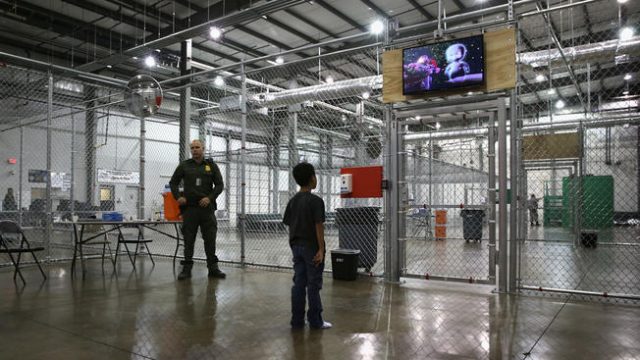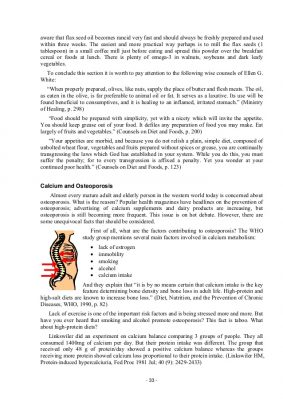As difficult as it may get for the couples to undergo a divorce, it is always harder on the children. And at some degree or the other, the characters, courses and processes throughout and following the divorce, can be fairly emotionally scarring for the children. Which is why, both the parents and their respective attorneys must ensure the child’s best interest at all cost.
Child custody cases are rarely pretty. Whenever two parents resort to the courtroom to resolve custody issues, it is typically because they have been unable to reach a common ground through normal mediation channels.
In Fort Worth, like many other cities and states, once a divorce has been completed, the child custody order controls custody and visitation rights of the parents. Although the parents must comply with the order, the law understands that significant changes in life may lead to a need to change the terms of the order. Additionally, the law allows the order to be modified if the terms no longer suit the children best interests. Since this issue commonly arises among divorced parents, it is helpful to know a little about when child custody orders may be modified.
Factors that influence your child custody case:
Child custody cases are difficult to predict, especially when both parties have good arguments. In the end, the court bases its decision on factors that are considered to be in the “children best interest.” If you or a loved one is currently facing a child custody dispute, it is important that you familiarize yourself with what the ‘best interests’ are.
Here are five major factors that can influence your child custody case:
1. The Child’s preference: Child custody decisions are affected in part by a child’s parental preference. There is no specific law on how the preferences of a child might affect the Fort Worth court’s decision. Depending on the state, judges may sometimes interview kids to get a feel of their opinion. Such sessions are considered confidential. To make the children feel more at home, a judge’s tone may be a lot less formal. Alternatively, the judge may appoint a custody evaluator to speak with the children. The views of a child may have more weight if they a sufficient age (14 years or older). That being said, the decision of who wins custody is also dependent upon other factors.
2. The Quality of the child’s relationship with the parents: The court also takes into consideration the apparent relationship the children has with his parents. If a child is more comfortable around one parent, it could ultimately influence the court’s decision on child custody.
If a parent does not have time for the child or does not want to see them, this can also change the outcome in court. Keep a record of all dates you currently have your child and when your
If a parent does not have time for the child or does not want to see them, this can also change the outcome in court. Keep a record of all dates you currently have your child and when your ex takes the child. If your ex does not want to watch your children on a specific day because a football game is on, it’s a Friday night & they want to go out, this can be a major red flag to any judge.
Additionally, if the parent has a criminal record, is involved with drugs, or has a bad rap sheet, this too can affect where the child ends up staying. A judge is ultimately looking for the best situation for the child to grow up in.
3. The mental and the physical health of the parents: Before making a decision, the Forth Worth court considers the mental health of the both parents. A parent who struggles with anger management will find it harder securing custody. The physical health of both spouses is also vital. Parents should be strong enough to attend to the needs of the children.
If a parent is suffering from a serious condition, his or her chances are lowered. In addition to the kid’s parents, the court also considers the health of the other people who will be living in the same house as the child. Parents who are too weak to properly care for the children, or who are suffering from a condition that may impede their parenting skills, may have a hard time getting primarychild custody.
4. Work obligations of both parents: Yet another factor that comes into play during child custody decisions is the work obligations of either parent. Being able to financially provide for the child is undoubtedly important. But parents are also expected to be able to cater to their childrens psychological and developmental needs. For this, the court will look at the amount of time a parent has to spend with the kids. Spouses who have busy schedules may fare poorly against stay-at-home parents who work from home and have more time on their hands.
Other Influencing factors:
1. The children age
2. The parent’s willingness towards child support if custody is lost
3. The ability of each parent to ensure a secure, loving environment
4. The impact on child’s education if the custody is granted
5. The number of children involved in the custody case
6. The distance between the homes of both parents
Types of Child Custody Laws:
There are two overall types of child custody. The first is known as physical custody. This simply refers to whom the child lives with.
The other type of custody is legal custody. This refers to who has the authority to make decisions about such things as medical, educational, and religious matters. In custody disputes between parents, this is usually the type of custody that is being referred to.
There are two major sub-categories of legal custody. The first is sole custody. This is when a court awards only one parent with complete custody of a children.
The other type of legal custody is joint custody. This is when both parents are awarded some physical and legal custody rights.
It is hard to predict how a child custody dispute will be resolved. However, in many instances, the Fort Worth court opts to award the custody to both parents under a joint arrangement. In such instances, it will be left for the divorcing parents to work out an acceptable parenting schedule based on their obligations at work and housing arrangements. One of the major reasons why courts prefer this option is that it gives the child the opportunity to grow in a healthy environment.
That said, there are situations where in order to protect a child’s best interest, a parent is given sole custody. This is more likely to occur if a parent poses a threat to the children, such as being violent or having a substance abuse problem.
Get in touch with a team of highly experienced attorneys to enquire more about child custody laws, and make sure that your child has a secure enviroment to grow up in:










